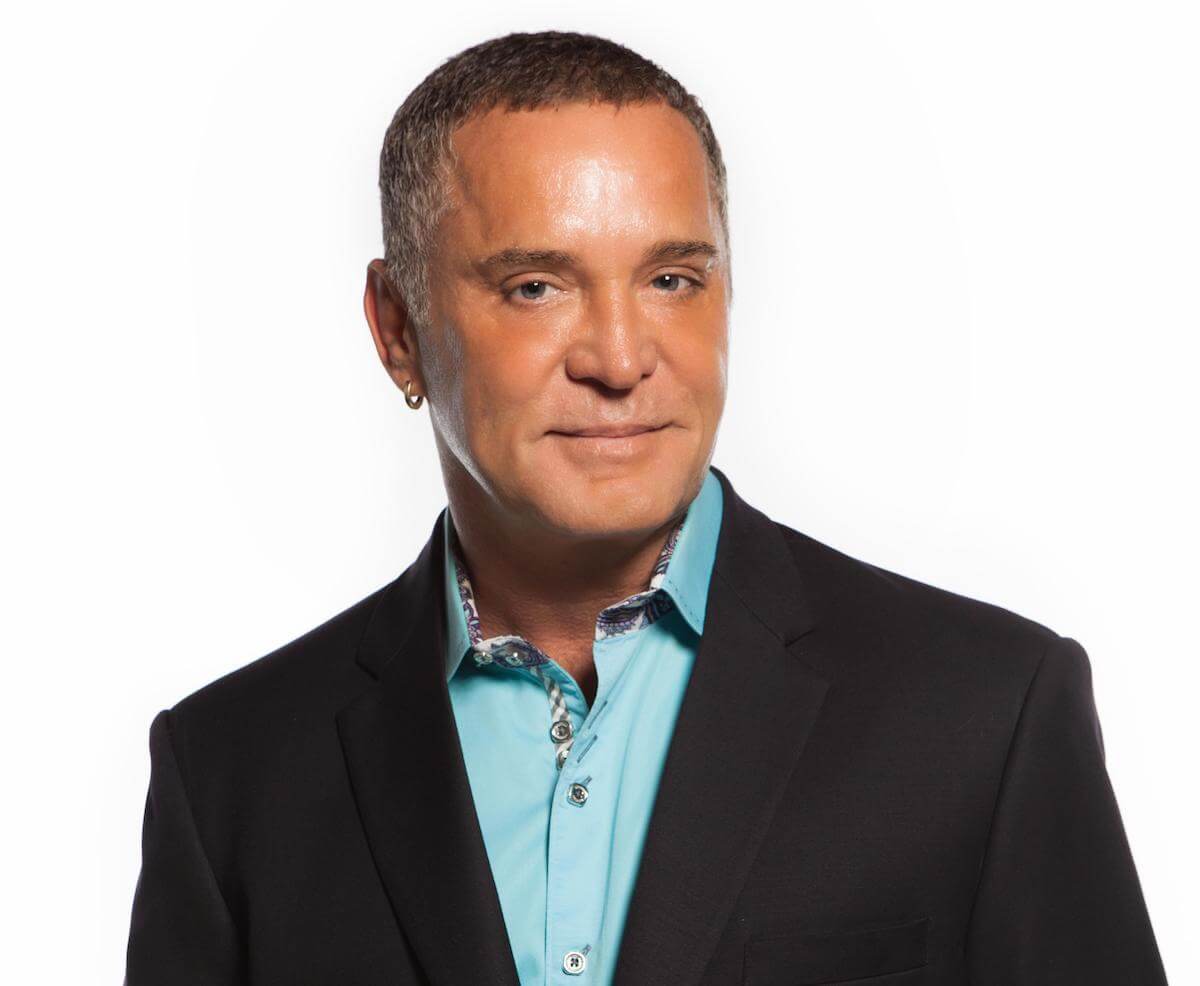
Have you ever wished you could see yourself from the outside looking in?
If we were to ask 100 successful business leaders whether or not they are authentic, how many do you think would have the courage to say no? I’m willing to bet the answer is zero. In all likelihood, they would assert, probably with a touch of indignation, their consummate authenticity. However, we encounter glaringly inauthentic people in leadership positions all the time.
How do we explain this discrepancy?
Why Authenticity Matters
The fact is, we cannot maintain absolute objectivity about our subjective reality. Simply put, we can never truly see ourselves the way others see us. Therefore, we may see ourselves as wholly authentic (or, for that matter, inauthentic) when we aren’t.
Ask yourself the following as an exercise in gaining perspective:
- What would I see in me if I were on the outside looking in?
- What would I feel if I saw myself as others see me?
- Would I be able to accept compliments or praise more easily?
- Would I be able to accept criticism or correction more easily?
- Would I be able to adjust more quickly if headed in the wrong direction?
Consider that roughly half of today’s workforce is millennial – people between the ages of 19 and 39.
Regardless of what level of business you are involved in, both your customers and your employees are half likely to be millennials. One of the hallmarks of this generation is their sensitivity to insincerity. The moment millennials register inauthenticity, they walk away, taking their skills and buying power with them.
Business leaders must consider employee and consumer preferences. If your top talent or customer base perceives you as inauthentic, morale and profitability will suffer.
The value of managers identifying and doing what it takes to keep top talent fiercely loyal cannot be underestimated. Training and development costs organisations 1.5 to 2 times [1] the annual salary of an individual. If experienced talent leaves before ROI is fulfilled because millennial employees don’t identify with an inauthentic leader, sustainability is impossible.
Curiosity is Key
So, what can you do to become a more authentic leader? The short answer is curiosity. Here are five areas you can, and should, continually explore:
- What you believe
As leaders, we often rise through the ranks. Therefore, it’s easy to think (or convince others) that our beliefs are unshakable facts. However, authentic leaders are evolving leaders. Take a piece of paper and list five things you believe about yourself. These are beliefs, not facts like gender, height or age. When you’ve made the list, ask yourself this simple question about each item on the list: why do I believe that? This strategy works only if you are willing to accept the discomfort of honest answers.
- Who you are outside of your title
When we first meet someone, we give our name and then identify ourselves by job, title or achievements. The higher our title, the more challenging it can be to reveal our most authentic self. However, authenticity is not in a label. The next time you meet someone, try identifying yourself with something personal – for example, “I am a passionate gardener.”
- Defining moments
We are impacted and, to a certain extent, defined by irreversible experiences. In mentoring business leaders around the world, I’m often surprised at how many and how frequently these defining moments are brushed aside. While some of these experiences are large, many are small, and often, it’s the small ones that are the most impactful. For example, an impactful moment can be as minute as a casual conversation with a stranger. That conversation, however, may have changed your worldview.
Experiences become defining moments when we are emboldened to analyse them. By showing curiosity towards our defining moments and identifying what we’ve told ourselves about who we are, we gain insight into areas where we operate outside of our authentic selves. Equally important is that we recognise how to get back on our most authentic path.
- What matters most to you
One skill of an outstanding leader in any realm is the ability prioritise. The challenge is that we are often told, even indoctrinated with the idea, that what should matter must also be what is most important to us. We often find ourselves unconsciously going along with the “shoulds” even when they are misaligned with who we authentically are. The most authentic leaders are people who not only know what they are willing to fight for but also why it genuinely matters to them.
- Finding your purpose
Simon Sinek’s book Start with Why outlines the critical importance of having a why driver. However, just because you understand the importance of why, it doesn’t mean you know how to get to the truth of it. Becoming fully and actively curious about your purpose is the key to finding the real why underneath your surface why.
These five integral strategies are a good starting point. If they were distilled into one statement, it would be this: Always stay curious.
Authenticity in leadership is further examined in this video.
The Quintessential Leader
Modern markets demand that exemplary leaders strip away the layers and become authentic, curiosity-driven leaders. Unless leaders are willing to take steps and come out from behind their office doors, their business titles and the masks that protect them, they cannot ensure their sustainability.
Dov Baron is a bestselling author with 30 years of experience in public speaking. He has been twice cited by Inc.com as one of the “Top 100 Leadership Speakers to Hire”. He is a leading authority on Authentic Leadership and Leadership Succession. As a speaker, Dov headlines global conferences focused on purpose-driven leadership and cultural strategies.

[1] http://theundercoverrecruiter.com/true-cost-hiring-new-employee.









